Publications
While our publications are all listed here, they are easier to browse on our research page.
Research in brief: Climate philanthropy landscape
This post summarizes research that Rethink conducted in December 2021 into the state of climate philanthropy—including the amount that has been committed, how it is allocated, and the identity of major funders—as well as a comparison with public and private climate funding.
Research in Brief: Scientific capacity in sub-Saharan Africa
This post summarizes research that Rethink conducted in 2022 for into scientific capacity in sub-Saharan Africa. The main aim of this project was to understand whether it could be a high-impact grantmaking area for Open Philanthropy.
Research in Brief: Larval source management
This report is a broad overview of larval source management, including evidence for effectiveness, room for more funding, and coverage by existing implementers.
Historical Global Health R&D “hits”: Development, main sources of funding, and impact
Research Analyst Bruce Tsai and Research Assistant Erin Braid estimate how many deaths have been averted by five medicines: four antimalarials and one HIV treatment. Their report then reconstructs each drug’s development story, including the roles of funding from companies, academics, government, and philanthropy.
Better weather forecasting: Agricultural and non-agricultural benefits in low- and lower-middle-income countries
This report is a “shallow” investigation commissioned by Open Philanthropy. This primary focus of the report is to assess weather forecasting as a potential agricultural intervention in low- and lower-middle income countries and to examine the cost-effectiveness of different interventions.
How effective are prizes at spurring innovation?
This report is a “shallow” investigation and was commissioned by Open Philanthropy and produced by Rethink Priorities. Open Philanthropy does not necessarily endorse our conclusions. The primary focus of the report is a literature review of the effectiveness of prizes in spurring innovation and what design features of prizes are most effective in doing so. We also spoke to one expert. We hope this report galvanizes a productive conversation about the effectiveness of prizes within the effective altruism community. We are open to revising our views as more information is uncovered.
